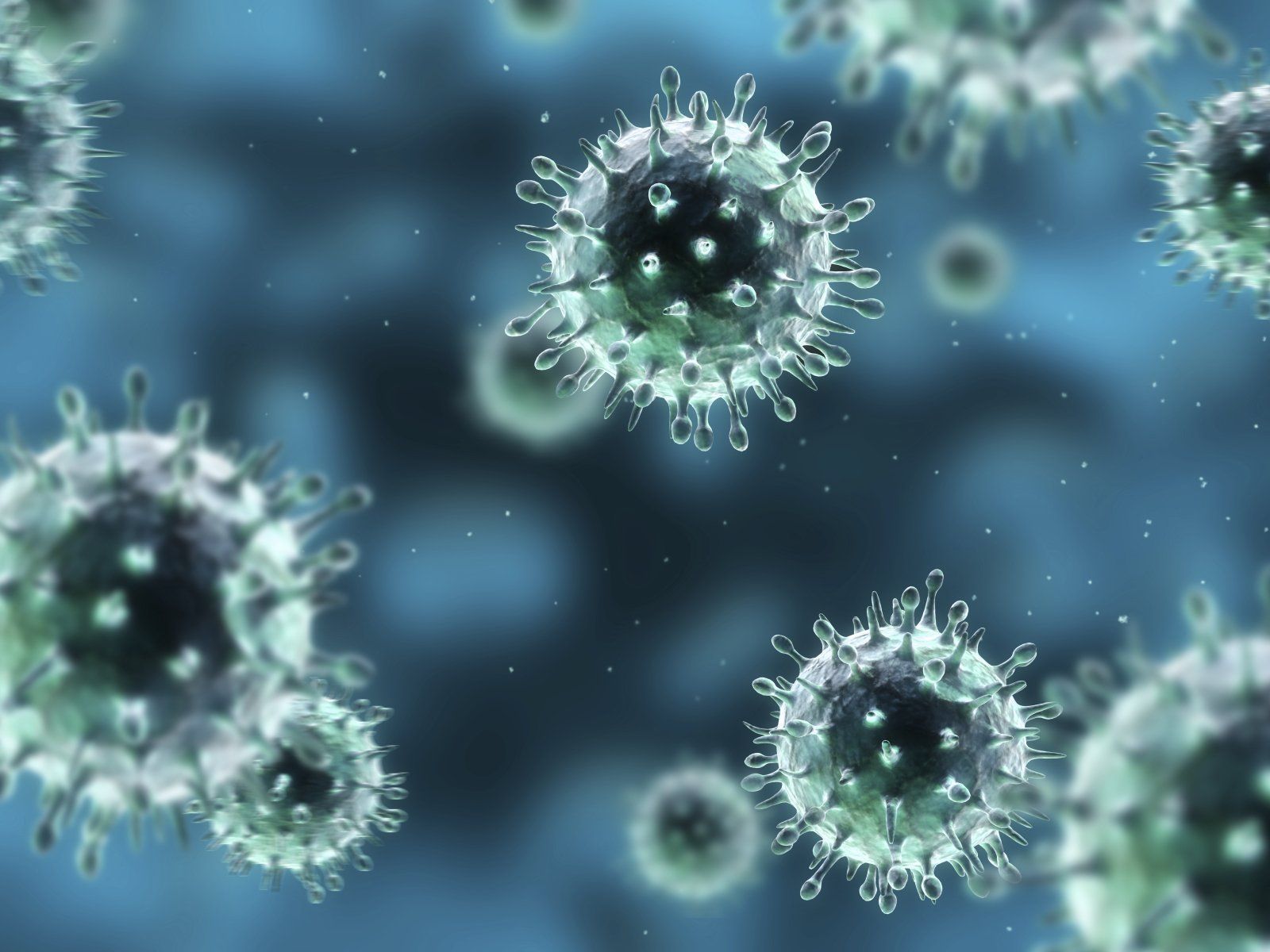The Antioxidant Myth
What you may not know about antioxidants and how they really work.
For the past two decades, everywhere I turn in the grocery aisle has food products labeled “Now with Antioxidants” or “Good source of Antioxidants” or similar claims. Fruity Pebbles cereal and 7-UP cola now have antioxidants. What is going on? Are they marketing these foods as healthy choices because they sprinkled some Vitamin-C or Vitamin-E into the package?
Antioxidants have become all the rage over the past few decades and advertisers and marketers have jumped on the bandwagon with adding health claims to foods where they don't belong. What are antioxidants? Why are they adding them to my food? Do they really do anything? The health benefits that have been portrayed by the food industry and even some health care professionals are actually myths. Very few people actually understand the reality and what goes on in the body at the cellular level when it comes to antioxidants.
What are antioxidants?
Antioxidants are molecules that fight unstable molecules called free radicals. Free radicals are naturally occur during metabolism and their instability can wreak havoc on our cells, damaging them to the point of malfunction. The accumulation of malfunctioning cells can lead to disease. Diseases such as cancer, heart disease, diabetes, Alzheimer’s are linked to free radical damage of our cells. Antioxidant molecules neutralize the free radicals before they can damage our cells. They do this by donating an extra electron to the free radical which is desperately seeking an electron to stabilize.
The accumulation of free radical damage as a result of an imbalance in the body between free radicals and the body’s ability to neutralize them is called Oxidative Stress. Oxidative stress is the main biochemical component of aging and is being studied as a link to over 250 diseases.
The Myth
The myth we are being told is that eating foods high in antioxidants or taking antioxidant supplements help to control the damage of free radicals inside our bodies and we can be healthier and live longer as a result. Do they really help? Very little. It helps just like a squirt gun will help put out a house fire. The antioxidants we consume are not powerful enough to even make a dent in the problem. Eating antioxidants do very little to reduce oxidative stress. Let’s look at why that is.
At the molecular level, direct antioxidants from food and supplements work at a one to one ratio: one antioxidant molecule will neutralize one free radical and it’s spent. It's done. It can no longer help you to fight any additional free radicals. This is important because your body is producing something on the magnitude of 3,000,000,000,000,000,000,000 free radicals each day plus or minus a few trillion. The actual number depends on the individual, their eating habits, genetics, etc. The point is, it’s a super duper large number.
To neutralize that many free radicals, you would have to consume 11 pounds of blueberries each day. Blueberries are an antioxidant rich food. I hope you’re hungry! Don’t like blueberries? How about eating 367 oranges every day? Oranges contain Vitamin C, another antioxidant food source. What about super supplements like juices and pills that say they contain vast amounts of antioxidants? You would still have to consume several bottles of pills or dozens of drinks each day to get enough antioxidants.
All of this consumption is impractical for two primary reasons. 1) No one can consume that amount of food each day and 2) The processing of all of that food and supplements actually would create more free radicals during the metabolic process so it’s completely counterproductive anyway.
To sum up the myth, direct antioxidants such as antioxidant rich foods and supplements do very little to reduce oxidative stress. The antioxidant rich foods are still very nutritious and should be eaten but don’t be fooled into thinking that you are greatly helping to fight the raging war of free radicals inside your body.
Is there anything that does help?
There is some good news thanks to science. There has been a lot of discoveries recently in how the body fights off free radical damage in the first place. The body has to have a built in defense system. Otherwise, our bodies would wither away as fast as your apple or banana turns brown on the countertop.
Scientific
research has discovered that our cells protect themselves by producing powerful
antioxidant enzymes that try to control the free radical damage. These enzymes are
indirect antioxidants meaning that these molecules are naturally produced by the body and can neutralize millions of
free radicals each second and continue fighting after that. It is like bringing armored
tanks with air support to the war instead of just a few foot soldiers. The naturally occurring enzymes
such as Superoxide Dismutase, Catalase, and Glutathione are the super heroes in
our war against free radical damage and fight aging, malfunction, and disease.
They are the reason humans and animals live as long as they do so we don’t wither
away as fast as a piece of fruit. Instead of a squirt gun to put out the house fire, we can now turn on a sprinkler system.
But, there is a problem
If our body produces its own antioxidant enzymes, then why is there still disease and why do we age at a faster rate as we grow older? The answer is that these enzymes can win a few battles early in our lifetime but we still lose the war in the end. The body starts to slow down the production of these powerful enzymes once you reach skeletal maturity. That usually happens around age 18 for most humans. It’s like your body saying, “OK, you survived to adulthood, now you’re on your own.”
The genes that are responsible for producing these enzymes slowly go dormant. It’s like a dimmer switch in your DNA that slowly and continuously turns down more and more as we age. Your body produces less and less of these powerful antioxidant enzymes each day. Think of these enzymes like the garbage men of the body. They are responsible for taking out the free radical trash. What happens when there are fewer garbage men? The trash builds up and we call that trash free radical damage and oxidative stress.
So our body is already designed to fight the problem from the inside but that inherent mechanism weakens over time. Father time outlasts their production thereby making room for aging, malfunction, and disease to creep in.
There is good news on what you can do
Recent discoveries have uncovered a “master regulator” of our genes including the genes that regulate production of antioxidant enzymes. This discovery is called Nrf2 activation. Nrf2 is a protein that is in virtually all of our cells with few exceptions. The Nrf2 protein has been called the “ Gatekeeper of species longevity ” by researchers. It is a critical component of our immune system as its job is to detect potential harm to our cells and activate your defense mechanisms including production of antioxidant enzymes.
Nrf2 can be activated by eating certain phytonutrients. Sulforaphane in Broccoli, Curcumin in turmeric, and Epigallocatechin in green tea will all invoke the Nrf2 pathway and induce a protective response from your cells. Each of these phytochemicals raise the Nrf2 activation levels but only by a little. We need a bigger boost than just broccoli.
Further research has shown that when you combine certain phytochemicals, there is a synergistic response that can be 18 times more powerful than the sum of each nutrient individually. The gold standard for this synergy of combined nutrients is called Protandim Nrf2 Synergizer. It is a branded dietary supplement that has been independently studied and validated over the past decade and a half by multiple research universities and organizations. Protandim uses a patented blend of phytonutrients and the results have shown to reduce oxidative stress by 40% on average after taking the supplement for 30 days. That result is far and above any achieved result to date by antioxidants or any other product. These results have inspired many organizations such as the National Institute of Health and the American Heart Association to fund studies on Protandim. There are currently over two dozen peer reviewed studies on Protandim on pubmed.gov. The healthcare community is more than curious about the results. Many are applying this product to their daily practice as an important cornerstone to our health when it comes to fighting free radical damage and the disease and malfunction it can lead to.
Want to know more about oxidative stress and how to fight it?
Learn more about Protandim here.










